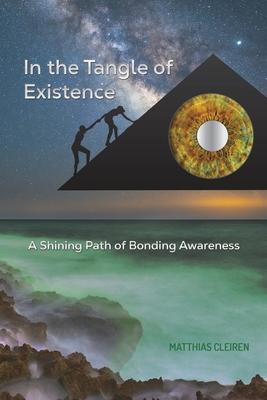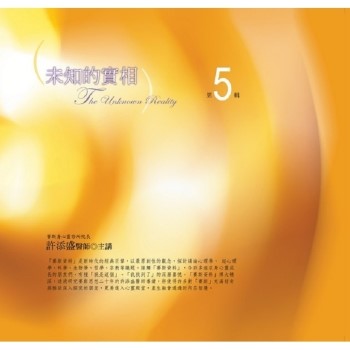Morality in the West is often dismissed as trivial and outdated. Concepts of good and evil are highly susceptible to interpretation, with ethics preferably set aside so as not to unduly encroach on our daily pleasures. One of the most ill-considered, unpopular, yet underrated aspects of Western society is the diminishing role of conscience. Though conscience belongs to the mechanisms governing our behaviour, its importance should not be underestimated. But where should the contemporary person derive their ethical code? To what extent should morality be mutually agreed upon versus individually determined? Ultimately, these choices shape the benevolence or malevolence of one’s contribution to the world and the legacy left for future generations.
Age-old monotheistic religions have proffered answers, though not without imperfect results, as enduring conflict and wars fought in the name of God make clear. What guidance do they offer on more modern ethical dilemmas like the mistreatment of animals and nature or emerging technologies like genetic engineering and artificial intelligence?
This testimonial aims to provide a moral compass - a tool that has been useful to me personally. In the quicksand of social media, where complacency lets morality slip into simplistic extremes of ’good’ versus ’evil’, this book offers a framework for ethical reasoning and decision making.
| FindBook |
有 1 項符合
In the Tangle of Existence的圖書 |
 |
In the Tangle of Existence 作者:Cleiren 出版社:Austin Macauley 出版日期:2024-04-26 語言:英文 規格:平裝 / 162頁 / 23.39 x 15.6 x 0.89 cm / 普通級/ 初版 |
| 圖書館借閱 |
| 國家圖書館 | 全國圖書書目資訊網 | 國立公共資訊圖書館 | 電子書服務平台 | MetaCat 跨館整合查詢 |
| 臺北市立圖書館 | 新北市立圖書館 | 基隆市公共圖書館 | 桃園市立圖書館 | 新竹縣公共圖書館 |
| 苗栗縣立圖書館 | 臺中市立圖書館 | 彰化縣公共圖書館 | 南投縣文化局 | 雲林縣公共圖書館 |
| 嘉義縣圖書館 | 臺南市立圖書館 | 高雄市立圖書館 | 屏東縣公共圖書館 | 宜蘭縣公共圖書館 |
| 花蓮縣文化局 | 臺東縣文化處 |
|
|
圖書介紹 - 資料來源:博客來 評分:
圖書名稱:In the Tangle of Existence
內容簡介
|









